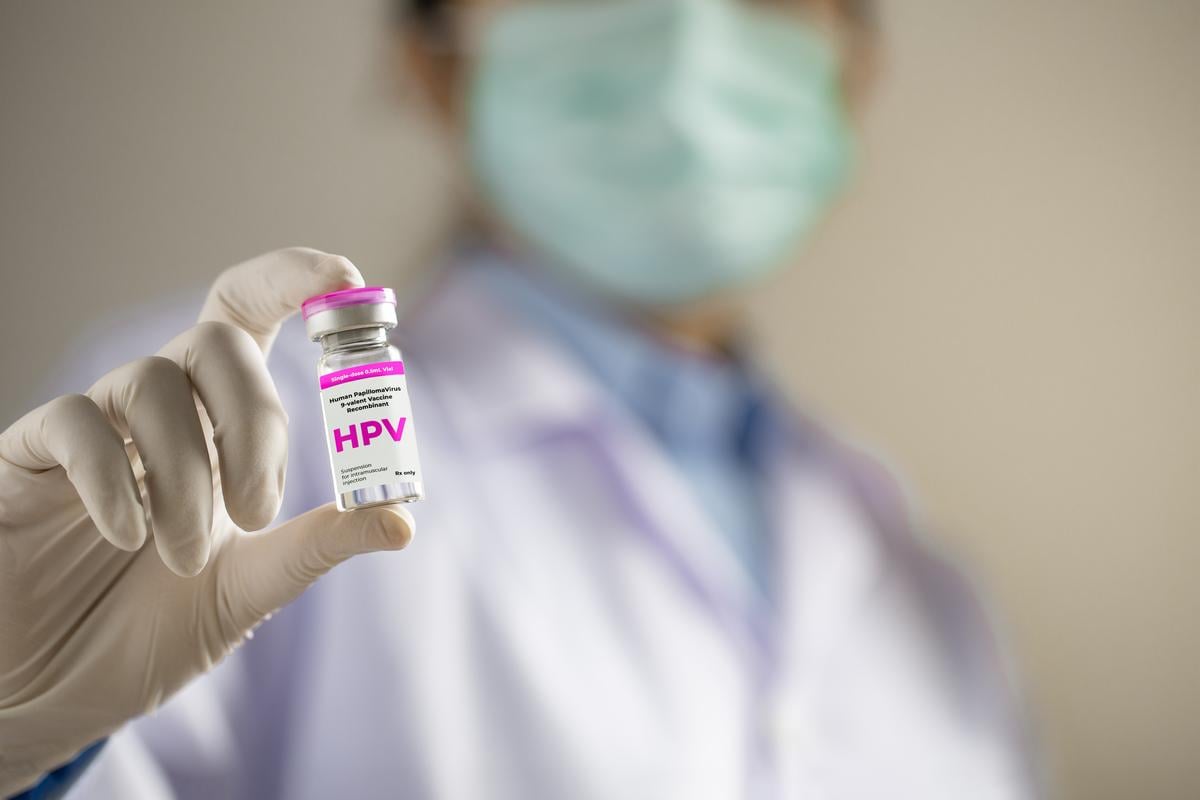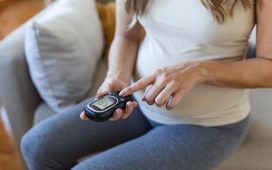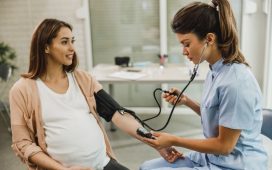Vaccination of ‘mid-adults,’ including those at higher risk, results in higher number needed to vaccinate than that seen for younger people
By Elana Gotkine HealthDay Reporter
TUESDAY, Nov. 26, 2024 (HealthDay News) — Vaccination of 27- to 45-year-olds (“mid-adults”) against human papillomavirus (HPV) is less cost-effective than vaccination of younger persons (aged 9 to 26 years), according to a study published online Nov. 26 in the Annals of Internal Medicine.
Jean-François Laprise, Ph.D., from the Centre de recherche du CHU de Québec-Université Laval in Québec City, and colleagues examined the incremental cost-effectiveness ratios (ICERs) and number needed to vaccinate (NNV) to prevent one HPV-related cancer case for expanding HPV vaccination to subgroups of mid-adults and those at higher risk.
The researchers found that the projected costs increased by $2,005,000, $763,000, and $1,164,000 per quality-adjusted life-year (QALY) gained for expanding 9-valent HPV vaccination to all mid-adults, those with more lifetime partners, and those who have just separated, respectively. To prevent one additional HPV-related cancer case, the NNVs were 7,670, 3,190, and 5,150, respectively, compared with 223 for vaccination of those aged 9 to 26 years. In the sensitivity analysis, vaccinating infrequently screened mid-adult women who have just separated and have a higher number of lifetime sex partners was the mid-adult strategy with the lowest ICER and NNV (ICER, $86,000 per QALY gained; NNV, 470).
“HPV vaccination of mid-adults remains much less cost-effective and produces much higher NNVs than vaccinating females and males aged 26 years or younger under all scenarios investigated,” the authors write.
Copyright © 2024 HealthDay. All rights reserved.








